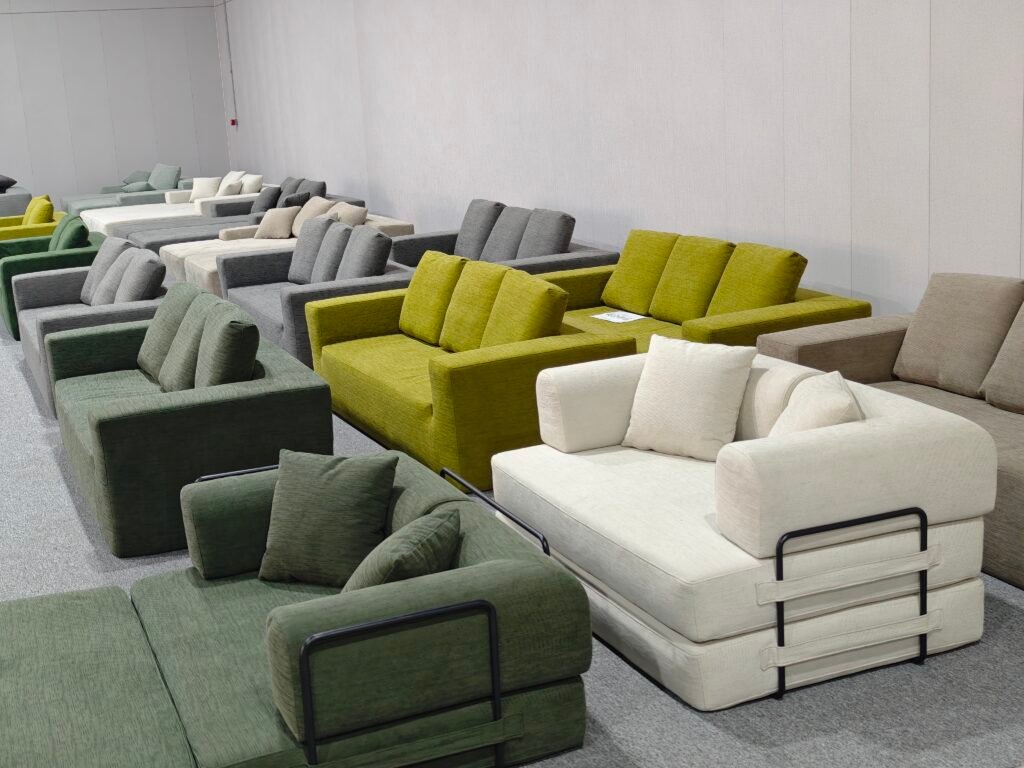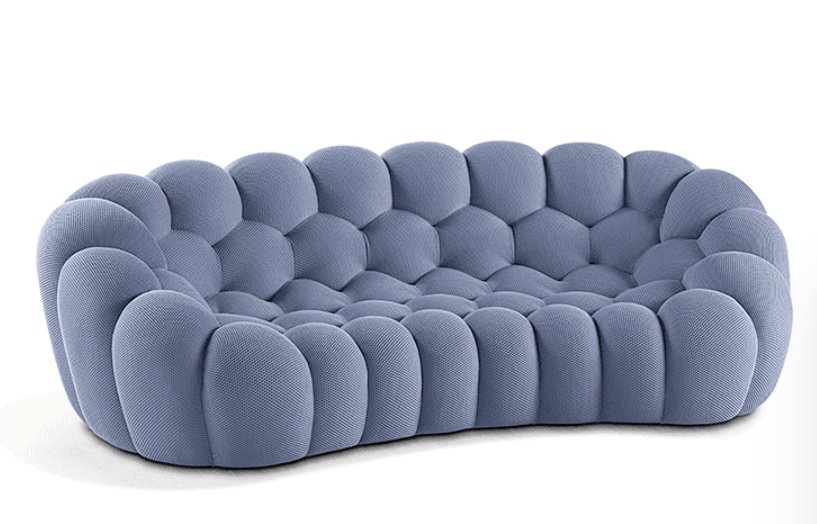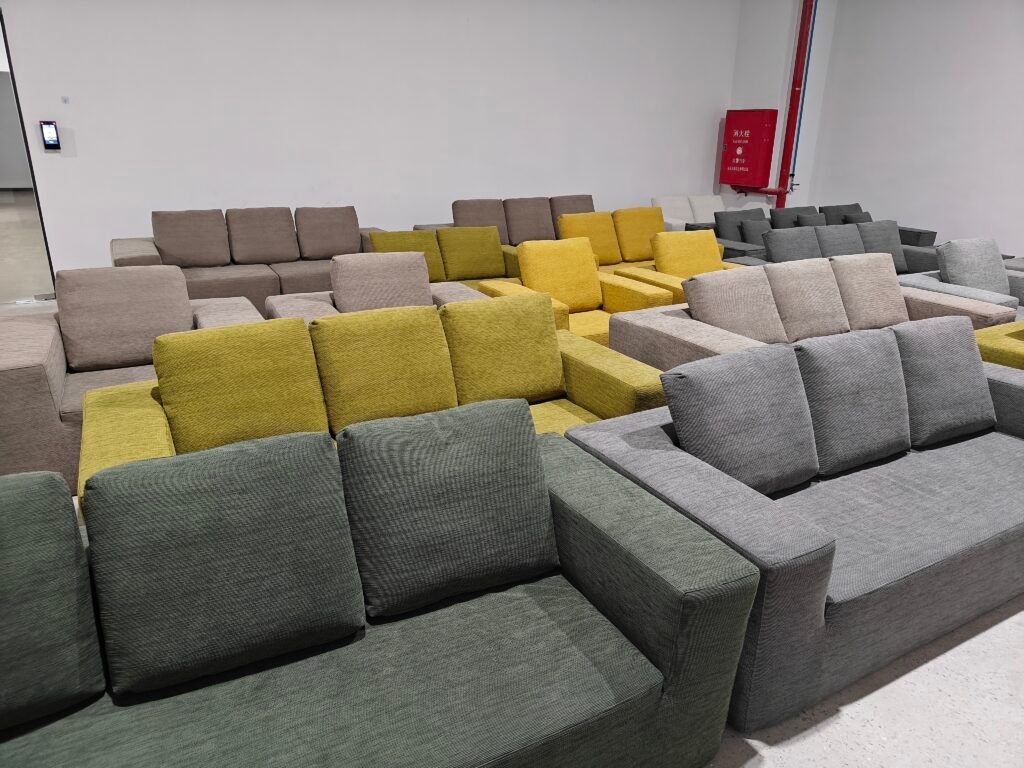In the global furniture industry, compressed sofas have become a symbol of innovation, space efficiency, and modern living. As demand for these products rises across continents, compliance with international standards and certifications is not just a legal requirement—it is a strategic advantage. For any compressed sofa factory aiming to expand internationally, understanding and meeting certification requirements ensures access to new markets, builds trust, and protects both consumers and brand reputation.


The Importance of Compliance in International Furniture Trade
Why Compliance Matters
- Market access: Many countries restrict imports to furniture that meets specific safety, environmental, and quality standards.
- Consumer trust: Certifications signal quality and safety, influencing purchasing decisions.
- Legal protection: Compliance reduces the risk of recalls, fines, and legal disputes.
- Sustainability: Many certifications now include environmental and health criteria, aligning with global green trends.
Key International Certifications and Standards for Compressed Sofas
Global Quality & Safety Standards
- ISO 9001:2015 (Quality Management): Ensures consistent product quality and process control.
- ISO 14001 (Environmental Management): Demonstrates commitment to sustainable operations.
- ISO 45001 (Occupational Health & Safety): Protects worker health and safety.
- ISO 28000 (Supply Chain Security): Secures the supply chain, especially for raw materials.
Regional and National Standards
North America:
- BIFMA (Business and Institutional Furniture Manufacturers Association): Durability, safety, and performance for office and commercial furniture.
- ASTM (American Society for Testing and Materials): Safety, fire resistance, and material requirements.
- EPA (Environmental Protection Agency): Regulates formaldehyde and chemical emissions.
- CFR1633 (USA) & TB117 (California): Mandatory flammability standards for upholstered furniture and mattresses.
Europe:
- BSI Kitemark (UK): Quality, durability, and safety for domestic furniture.
- BS EN 16139:2013: Safety, strength, and durability for non-domestic seating.
- BS7177 (UK): Flammability for mattresses and upholstered furniture.
- REACH (EU): Regulates chemicals and substances to protect health and environment.
Asia-Pacific:
- Australian Standards (AS/NZS): Safety and performance for household and commercial furniture.
- GB Standards (China): National standards for safety, labeling, and environmental impact.
International Marks:
- TÜV Rheinland/GS Mark: Compliance with German and European safety standards, recognized globally.
- CE Mark (EU): Required for products in the European Economic Area, signifying conformity with health, safety, and environmental protection.
Comparison Table: Major Certification & Compliance Requirements for Compressed Sofas in Key Markets
| Market/Region | Key Certifications & Standards | Main Focus Areas | Typical Tests/Requirements | Labeling & Documentation |
|---|---|---|---|---|
| North America | BIFMA, ASTM, EPA, CFR1633, TB117 | Durability, safety, fire, emissions | Static/dynamic load, flammability, chemical emissions | Test reports, compliance certificates, product labels |
| Europe (EU/UK) | BSI Kitemark, BS EN 16139, BS7177, REACH | Safety, flammability, chemicals | Strength, durability, fire resistance, chemical content | CE marking, technical files, test certificates |
| Australia/NZ | AS/NZS Standards | Safety, ergonomics, performance | Load, stability, flammability, labeling | Test certificates, compliance statements |
| China | GB Standards | Safety, environmental impact | Material safety, labeling, emissions | Product labels, test reports |
| Global (Voluntary) | ISO 9001, ISO 14001, ISO 45001, TÜV/GS | Quality, sustainability, safety | QMS audits, environmental impact, safety | ISO certificates, GS mark, audit reports |
Compliance Process: From Factory to International Market
Product Design & Material Selection
- Choose materials that meet destination market requirements (e.g., PFAS-free, low formaldehyde, fire-resistant foams).
- Design for durability, modularity, and easy testing.
Manufacturing & Quality Control
- Implement a robust Quality Management System (QMS), ideally ISO 9001:2015 certified.
- Maintain detailed production records, calibration logs, and staff training documentation.


Product Testing
- Conduct required physical, chemical, and fire-resistance tests at accredited labs.
- For flammability, ensure compliance with standards like CFR1633 (USA), TB117 (California), or BS7177 (UK).
- Test for harmful emissions (formaldehyde, VOCs) per EPA and REACH standards.
Certification & Documentation
- Obtain third-party certifications (e.g., TÜV Rheinland, BSI Kitemark, BIFMA Compliant).
- Prepare technical files, test reports, and compliance declarations for customs and clients.
Packaging, Labeling & Shipping
- Use compliant, recyclable packaging to meet both logistical and environmental regulations.
- Label products with required safety marks, warnings, and compliance statements.
- Prepare full export documentation, including HS codes, certificates of origin, and compliance certificates.
Customs & Market Entry
- Work with customs brokers to ensure all paperwork is accurate and complete.
- Stay updated on changing regulations in each target market.
Special Considerations for Compressed Sofa Factories
- Factories must be proactive in tracking regulatory changes, especially in chemical safety (e.g., PFAS bans), fire-retardant standards, and eco-labeling.
- For B2B and hospitality projects, additional certifications (e.g., ANSI/BIFMA LEVEL® for sustainability) may be required.
- Some markets require periodic re-testing or surveillance audits to maintain certification validity.
Best Practices for Global Compliance Success
- Early planning: Integrate compliance into product development, not just post-production.
- Supplier management: Vet suppliers for compliance with material and environmental standards.
- Continuous training: Educate staff on international standards and best practices.
- Customer communication: Clearly communicate certifications and compliance status to buyers and partners.
- Sustainability focus: Prioritize eco-friendly materials, modular designs, and recyclable packaging to meet rising global expectations.
Frequently Required Tests & Certifications for Compressed Sofas
| Requirement Type | Typical Standards/Certifications | Description/Focus |
|---|---|---|
| Fire Safety | CFR1633, TB117, BS7177, EN 1021 | Flammability of upholstery and mattresses |
| Chemical Emissions | EPA TSCA Title VI, REACH, Prop 65 | Limits on formaldehyde, VOCs, heavy metals |
| Durability & Safety | BIFMA X5.4, EN 16139, ISO 7173 | Load, stability, mechanical strength |
| Quality Management | ISO 9001:2015 | Factory process and quality control |
| Environmental Mgmt | ISO 14001 | Sustainable operations, waste reduction |
| Social Compliance | ISO 45001, BSCI, SA8000 | Worker health, safety, and labor rights |
| Voluntary Marks | TÜV Rheinland/GS, BSI Kitemark, CE | Recognized marks of safety and quality |


Conclusion
Successfully exporting compressed sofas to international markets requires more than innovative design and efficient manufacturing. It demands a deep understanding of diverse compliance and certification requirements, from fire safety and chemical emissions to quality management and sustainability. By proactively investing in certification and adhering to global standards, a compressed sofa factory like modular-sofas.com can unlock new markets, build trust with global partners, and lead the industry in quality and responsibility.